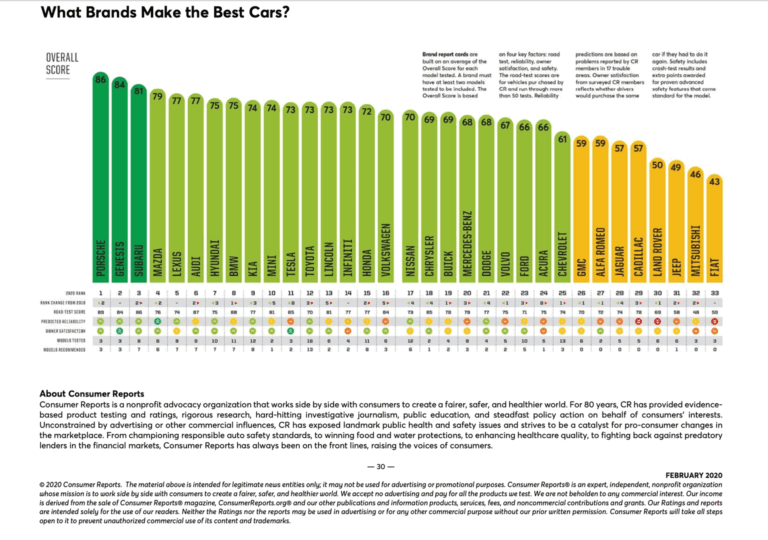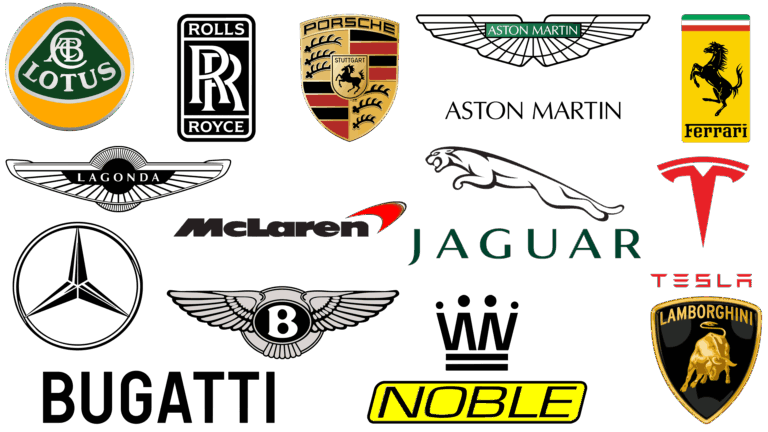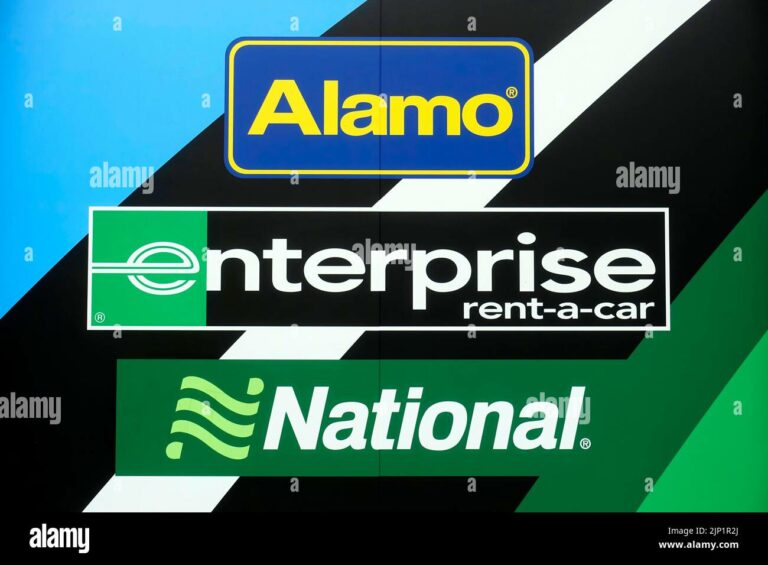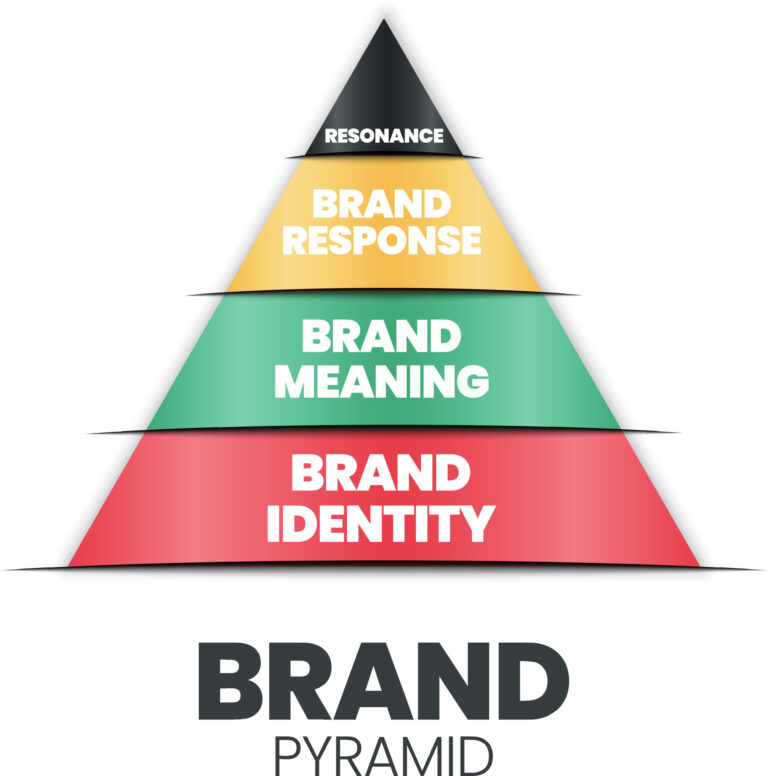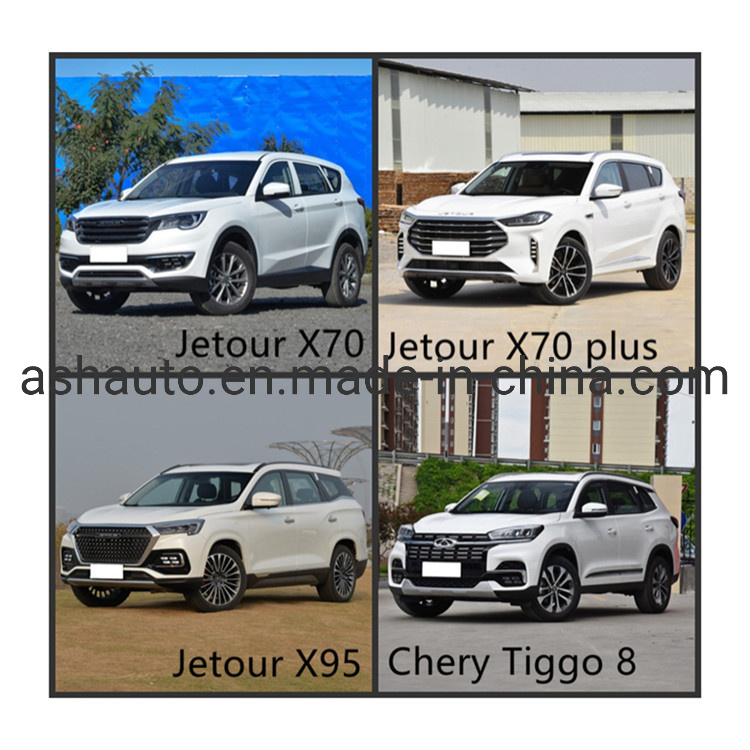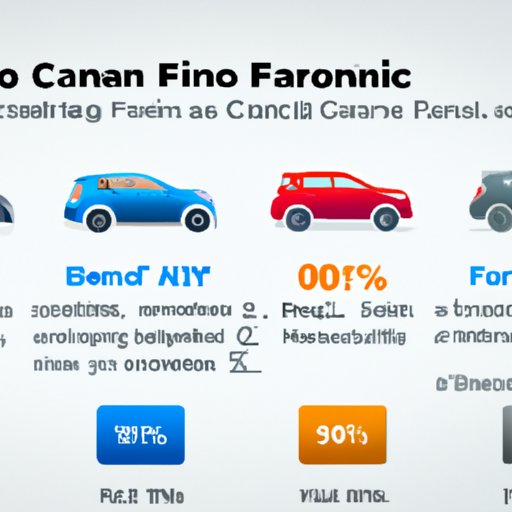What Brand Is An Infiniti Car
What Brand Is An Infiniti Car cars.truckstrend.com
In the highly competitive world of luxury automobiles, where names like Mercedes-Benz, BMW, and Lexus often dominate the conversation, one brand frequently sparks curiosity: Infiniti. While its distinctive styling and sophisticated features are immediately recognizable, the precise lineage of an Infiniti car isn’t always clear to the casual observer. So, what brand is an Infiniti car? The answer is straightforward yet foundational to understanding its identity: Infiniti is the luxury vehicle division of Japanese automaker Nissan.
This relationship is more than just a badge; it represents a strategic move by Nissan to enter and compete within the premium automotive segment, offering a refined blend of performance, design, and advanced technology that differentiates it from its mainstream parent brand. Understanding Infiniti’s origins as Nissan’s upscale arm is crucial to appreciating its market position, design philosophy, and the unique value proposition it offers to luxury car buyers worldwide. This comprehensive guide will delve into the brand identity of Infiniti, exploring its history, distinctive features, market standing, and what prospective owners should consider.
What Brand Is An Infiniti Car
The Parent Company: Nissan’s Strategic Luxury Arm
The genesis of Infiniti can be traced back to the late 1980s, a period when several Japanese automakers recognized a burgeoning demand for luxury vehicles in the North American market. Honda had launched Acura in 1986, and Toyota followed suit with Lexus in 1989. Not to be left behind, Nissan Motor Co., Ltd. made the strategic decision to establish its own dedicated luxury division. This led to the official launch of Infiniti in North America in November 1989.
The motivation behind creating Infiniti was multifaceted. Firstly, it allowed Nissan to expand its market reach into a more lucrative segment, attracting affluent consumers seeking premium experiences. Secondly, it provided a platform to showcase advanced engineering, cutting-edge design, and high-quality materials that might not fit the mainstream Nissan brand image. By separating the luxury offerings under a distinct brand, Nissan aimed to cultivate an exclusive identity, build customer loyalty based on prestige and performance, and directly challenge established European luxury marques like BMW and Mercedes-Benz, as well as its new Japanese rivals. This strategic segmentation allowed Nissan to maintain its reputation for reliable, affordable mass-market vehicles while simultaneously cultivating a reputation for sophisticated luxury.
Infiniti’s Identity: Beyond the Badge
While sharing a foundational engineering base with Nissan, Infiniti cars are meticulously crafted to deliver a distinct luxury experience. Their identity is forged through a unique combination of design, technology, performance, and craftsmanship.
- Design Philosophy: Infiniti vehicles are known for their flowing, organic lines and bold, expressive styling. The brand has consistently embraced a design language that emphasizes "Inspired Performance" and "Dynamic Motion," resulting in vehicles that often stand out from their competitors. From the double-arch grille to the crescent-cut D-pillar, Infiniti’s design cues are distinctive and aimed at conveying a sense of elegance, athleticism, and fluidity.
- Technology and Innovation: Infiniti has often been at the forefront of automotive innovation. Notable examples include the world’s first production variable compression engine (VC-Turbo), which optimizes power and efficiency by seamlessly adjusting the compression ratio, and the Direct Adaptive Steering (DAS), a steer-by-wire system that offers precise control and reduced vibration. The brand also incorporates advanced driver-assistance systems (ADAS), intuitive infotainment setups, and premium audio systems to enhance the driving experience.
- Performance Characteristics: Historically, Infiniti has emphasized rear-wheel-drive platforms and powerful V6 and V8 engines, providing a sporty and engaging driving dynamic. While the lineup has diversified, a focus on smooth power delivery, refined handling, and comfortable yet responsive suspension tuning remains a core tenet of the Infiniti driving experience. All-wheel-drive options are widely available, catering to various climates and driving preferences.
- Luxury Amenities and Interior Craftsmanship: Inside an Infiniti, the emphasis is on premium materials, meticulous attention to detail, and a driver-centric cockpit. High-quality leather, open-pore wood, and genuine aluminum trim are commonly found. Ergonomic seating, advanced climate control systems, noise reduction technologies, and a suite of connectivity features ensure a comfortable, serene, and intuitive environment for both driver and passengers.
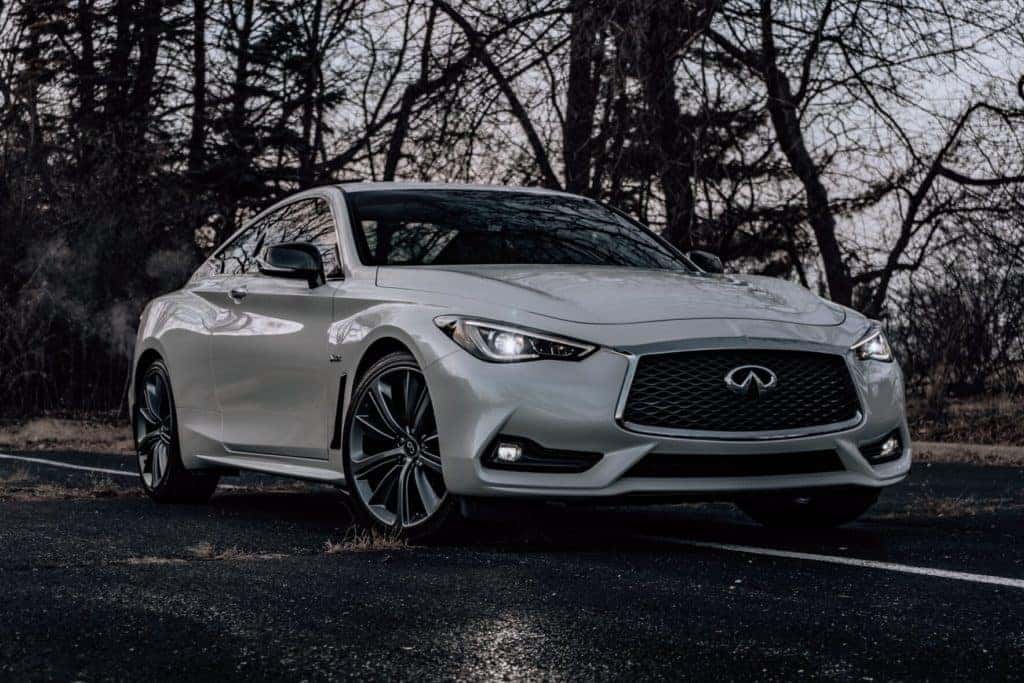
A Brief History of Infiniti: From Q45 to Today
Infiniti’s journey began with a singular focus on luxury and performance, evolving significantly over the decades.
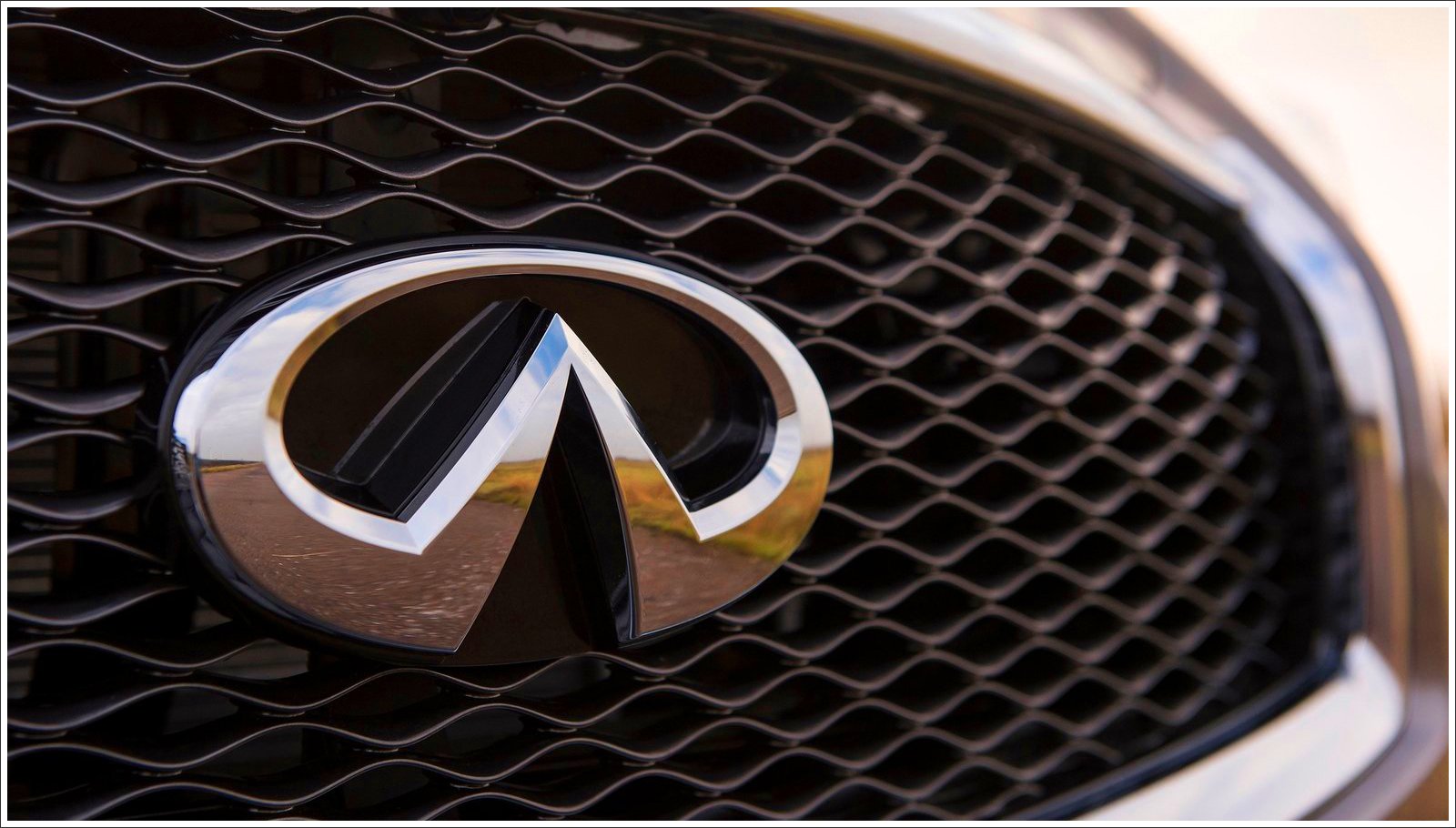
- 1989 Launch: Infiniti debuted in North America with two models: the flagship Q45 luxury sedan and the M30 coupe/convertible. The Q45, powered by a 4.5-liter V8 engine, aimed squarely at established European sedans, emphasizing performance and sophisticated technology.
- Early 1990s and Mid-Range Expansion: The brand quickly expanded its lineup with models like the G20 (a compact sports sedan based on the Nissan Primera) and the I30 (a mid-size luxury sedan based on the Nissan Maxima), broadening its appeal and reaching a wider segment of luxury buyers.
- The 2000s: A Resurgence and Performance Focus: The early 2000s marked a pivotal period for Infiniti, characterized by a renewed focus on performance and a more distinctive design language. The introduction of the G35 sedan and coupe (2002), followed by the FX crossover (2003), garnered critical acclaim and significantly boosted the brand’s image. These models emphasized sporty handling and powerful V6 engines, truly defining Infiniti’s "Inspired Performance" ethos.
- Global Expansion and Model Renaming: In the late 2000s and early 2010s, Infiniti began its global expansion beyond North America, entering markets in Europe, Asia, and the Middle East. To streamline its global product naming strategy, Infiniti implemented a new alphanumeric naming scheme in 2013, with sedans and coupes prefixed with "Q" and SUVs/crossovers with "QX," followed by a two-digit number indicating their hierarchy within the lineup (e.g., Q50, QX60).
- Current Era: Today, Infiniti continues to refine its lineup, focusing on crossovers and SUVs, which dominate the luxury market. Models like the QX50 (with its innovative VC-Turbo engine), the spacious QX60, and the flagship QX80 full-size SUV represent the core of its offerings. The brand is also actively planning its transition towards electrification, with new electric vehicle concepts and production models expected in the coming years.
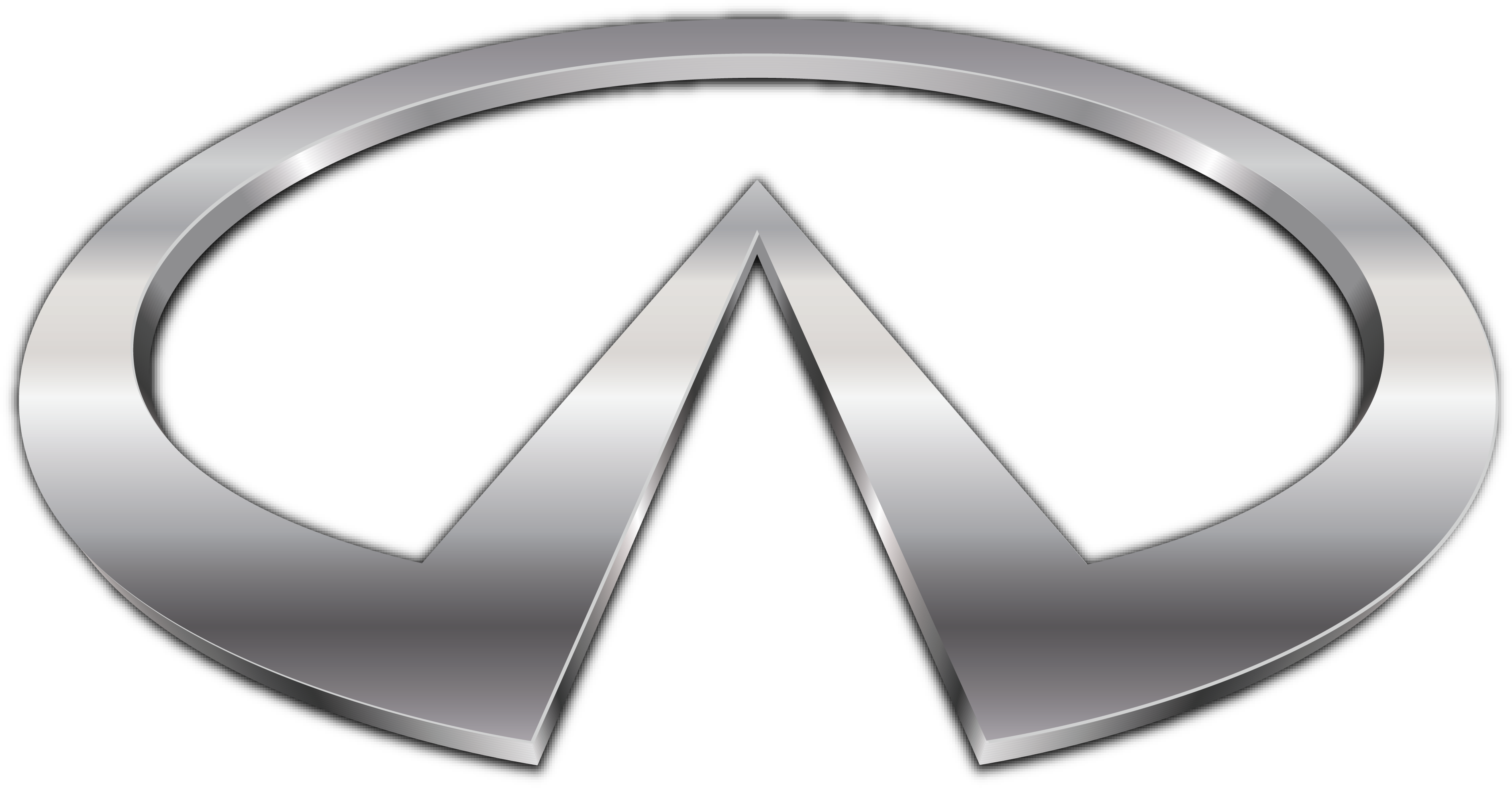
Why Choose an Infiniti? Benefits and Appeal
For discerning car buyers, an Infiniti offers several compelling advantages:
- Distinctive Styling: Infiniti cars often stand out from the crowd with their unique and attractive designs, appealing to those who prefer something less ubiquitous than their European counterparts.
- Strong Performance and Driving Dynamics: Many Infiniti models deliver a spirited driving experience, combining powerful engines with refined chassis tuning that balances comfort with engaging handling.
- Value Proposition: Compared to some direct European luxury competitors, Infiniti often provides a competitive or even superior level of standard features, technology, and interior quality for a potentially lower price point, offering excellent value for money.
- Reliability: Leveraging Nissan’s engineering prowess, Infiniti vehicles generally boast a strong reputation for reliability and durability, translating to potentially lower long-term ownership costs compared to some luxury rivals.
- Comfort and Refinement: Interiors are well-appointed, quiet, and comfortable, making them ideal for both daily commutes and long-distance travel. The focus on premium materials and ergonomic design enhances the overall occupant experience.
- Advanced Technology: From innovative engine technologies to comprehensive safety suites and user-friendly infotainment systems, Infiniti vehicles are equipped with modern features that enhance convenience, safety, and connectivity.
Important Considerations Before Buying
While Infiniti offers many benefits, prospective buyers should also consider a few factors:
- Resale Value: While improving, Infiniti’s resale value has historically lagged behind some top-tier luxury brands like Lexus or certain German marques. This can vary significantly by model and market, so thorough research is advised.
- Brand Perception: While a respected luxury brand, Infiniti might not carry the same level of prestige or immediate recognition in some circles as older, more established European luxury brands.
- Market Share and Lineup Size: Infiniti’s market share is smaller than its primary competitors, and its current model lineup is less extensive than some rivals, particularly in the sedan segment where it currently offers only the Q50.
- Maintenance and Parts Costs: As a luxury vehicle, maintenance and repair costs for an Infiniti can be higher than those for a mainstream Nissan, particularly for specialized components or advanced technological systems.
- Future Direction: With the automotive industry shifting towards electrification, understanding Infiniti’s specific plans for new electric vehicle launches and its long-term strategy is important for those looking for future-proof ownership.
Practical Advice and Actionable Insights
If an Infiniti car is on your radar, here’s how to approach your decision:
- Define Your Needs: Determine what you prioritize: performance, luxury, cargo space, fuel economy, or advanced technology. This will help narrow down the specific Infiniti model that best fits your lifestyle.
- Test Drive Thoroughly: Don’t just take one quick spin. Drive the models you’re considering on various roads – city, highway, and winding roads – to assess handling, ride comfort, acceleration, and interior quietness.
- Compare with Rivals: Cross-shop Infiniti models with competitors from Lexus, Acura, Genesis, and entry-level offerings from BMW, Mercedes-Benz, and Audi. This will provide a broader perspective on features, pricing, and driving dynamics.
- Consider New vs. Used: New Infiniti models come with warranties and the latest features. Used models can offer significant savings, but research their history, maintenance records, and consider a pre-purchase inspection. Certified Pre-Owned (CPO) programs offer a good balance of value and peace of mind.
- Research Reliability and Ownership Costs: Consult independent automotive reliability surveys (e.g., J.D. Power, Consumer Reports) for specific models. Get quotes for insurance, scheduled maintenance, and potential extended warranties to understand the total cost of ownership.
- Visit Multiple Dealerships: Negotiate prices, compare financing options, and assess the customer service experience. A good relationship with your dealership can be valuable for future service and support.
Infiniti Car – Representative Starting MSRP Price Table
Please note: Prices are Manufacturer’s Suggested Retail Price (MSRP) for the base model and are subject to change based on trim level, optional features, packages, location, dealer markups, and incentives. This table represents current or recent model year offerings.
| Model Series | Body Style | Starting MSRP (Approx. USD) | Key Features / Notes |
|---|---|---|---|
| Infiniti Q50 | Sedan | $43,000 | Sporty luxury sedan, standard with powerful V6 engine, available AWD. |
| Infiniti QX50 | Compact SUV | $42,000 | Innovative VC-Turbo engine, stylish design, comfortable interior. |
| Infiniti QX55 | Coupe SUV | $52,000 | Sporty coupe-like version of the QX50, emphasizing design and performance. |
| Infiniti QX60 | Mid-size SUV | $50,000 | Three-row family-friendly SUV, refined interior, strong V6 engine, comfortable ride. |
| Infiniti QX80 | Full-size SUV | $76,000 | Flagship large SUV, luxurious interior, powerful V8 engine, strong towing capability, spacious for 7-8 passengers. |
Disclaimer: Prices are approximate and meant for general guidance only. Always consult an authorized Infiniti dealership for the most accurate and up-to-date pricing information.
Frequently Asked Questions (FAQ)
Q1: Is Infiniti a good luxury brand?
A1: Yes, Infiniti is generally considered a good luxury brand. It offers distinctive styling, strong performance, advanced technology, and well-appointed interiors, often at a competitive price point compared to its European rivals. Its reliability, stemming from its Nissan parentage, is also a strong selling point.
Q2: Is Infiniti reliable?
A2: Infiniti cars generally have a good reputation for reliability. They benefit from Nissan’s robust engineering and manufacturing processes. While luxury cars can have higher maintenance costs for specialized parts, Infiniti typically performs well in reliability surveys compared to many luxury competitors.
Q3: How does Infiniti compare to Lexus and Acura?
A3: Infiniti, Lexus, and Acura are all luxury divisions of Japanese automakers (Nissan, Toyota, and Honda, respectively).
- Lexus: Often praised for exceptional reliability, refined comfort, and excellent customer service. Designs tend to be more conservative but are becoming bolder.
- Acura: Known for its sporty performance, advanced technology (especially AWD systems), and practical designs. Often seen as a blend of mainstream reliability with luxury features.
- Infiniti: Stands out with its more expressive and dynamic styling, a strong emphasis on driving performance, and innovative engine technologies like the VC-Turbo. It often offers a slightly more aggressive driving feel than Lexus, while being arguably more design-forward than Acura.
Q4: Where are Infiniti cars made?
A4: Infiniti cars are primarily manufactured in various locations globally. While historically produced in Japan, production has expanded to other countries. For instance, some models are produced in the United States (e.g., Smyrna, Tennessee, for some QX60 generations) and Mexico (e.g., Aguascalientes, Mexico, for some QX50/QX55 units). Production locations can vary by specific model and generation.
Q5: What does the Infiniti logo mean?
A5: The Infiniti logo is an abstract representation of a road stretching into the horizon, symbolizing a path forward and a commitment to continuous progress and aspiration. It conveys a sense of speed, journey, and limitless possibilities, aligning with the brand’s luxury and performance aspirations.
Q6: Are Infiniti cars expensive to maintain?
A6: As luxury vehicles, Infiniti cars typically have higher maintenance and repair costs than mainstream Nissan vehicles. This is due to more sophisticated components, premium materials, and specialized labor. However, compared to some European luxury brands, Infiniti’s maintenance costs can sometimes be more reasonable due to the shared engineering with Nissan.
Conclusion
In conclusion, an Infiniti car is unequivocally the luxury vehicle brand born from Nissan. It represents Nissan’s deliberate and successful foray into the premium automotive market, crafting vehicles that blend distinctive design, exhilarating performance, advanced technology, and refined luxury. From its inception in 1989 as a direct competitor to other burgeoning luxury divisions, Infiniti has carved out its own niche, appealing to buyers who seek a sophisticated driving experience with a unique aesthetic.
While it shares foundational engineering with its parent company, Infiniti has consistently evolved to offer a distinct identity and a compelling value proposition in the competitive luxury segment. For those seeking a vehicle that stands apart, offers reliable performance, and surrounds occupants in comfort and cutting-edge features, an Infiniti remains a strong and appealing choice, embodying Nissan’s vision of inspired luxury on the open road.

